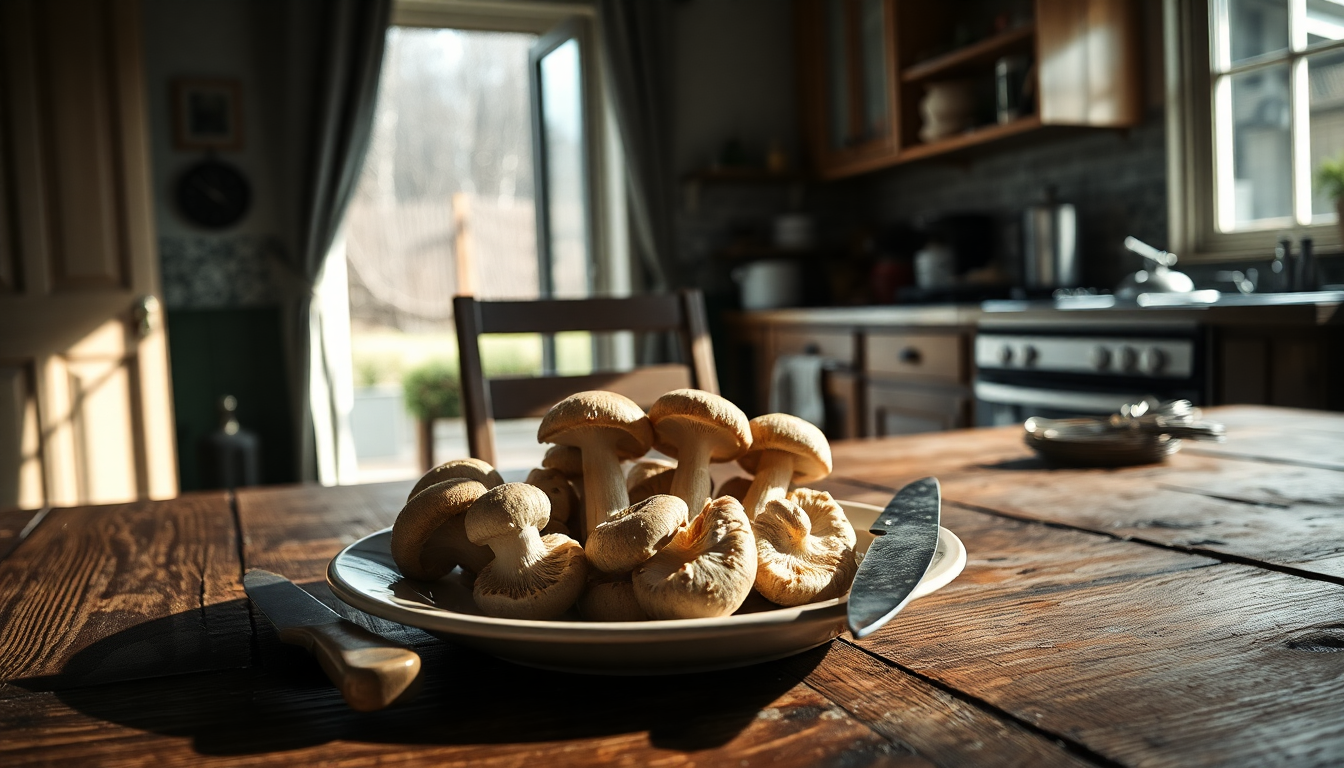Table of Contents
The murder trial of Erin Patterson has gripped Australia and the world, weaving a narrative filled with family drama, tragedy, and shocking allegations. At the center of it all is Patterson, 50, who faces accusations of poisoning her former in-laws and an aunt with a deadly ingredient in a dish she prepared. The recent verdict delivered by the jury has sparked intense discussions about the complexities surrounding the case, the legal proceedings involved, and the chilling implications of such a horrific event.
Details of the Incident
On July 29, 2023, Erin Patterson invited her former in-laws to a lunch that would soon turn tragic. Set in Leongatha, a quaint town southeast of Melbourne, Patterson prepared individual beef Wellingtons for her guests: her mother-in-law, Gail Patterson; her father-in-law, Donald Patterson; and Gail’s sister, Heather Wilkinson, along with Heather’s husband, Ian. Interestingly, Patterson’s estranged husband, Simon, opted out of this gathering.
Shortly after indulging in the meal, all four attendees fell seriously ill and required hospitalization. Tragically, Gail, Donald, and Heather lost their lives, while Ian survived after enduring weeks in an induced coma. Investigators later uncovered that the beef Wellingtons had been tainted with poisonous death cap mushrooms, a detail that would play a critical role in the court proceedings.
Patterson’s defense argues that she also fell ill from the same meal, labeling the incident as a “terrible accident.” On the other hand, prosecutors painted a starkly different picture, suggesting that the poisoning was a calculated act rooted in family disputes—specifically lingering tensions around child support issues involving Patterson and Simon.
Trial Proceedings and Jury Verdict
The trial kicked off on April 29, 2023, at the Latrobe Valley Magistrates’ Court, overseen by Justice Christopher Beale. Throughout the trial, the jury listened to testimonies from relatives and friends, coupled with compelling evidence compiled by law enforcement. Prosecutors claimed that Patterson had foraged the mushrooms, carefully weighed them, and added them to her guests’ meals while deliberately leaving her own portion untouched. This assertion gained traction with the discovery of a food dehydrator at Patterson’s home, which contained traces of the toxic fungi.
Throughout the proceedings, Patterson maintained her innocence, insisting that the poisonings were accidental. Her defense team suggested that her newfound interest in foraging during the COVID-19 lockdown inadvertently led to this tragic incident. In the courtroom, Patterson expressed remorse over her earlier frustrations shared on social media regarding her in-laws, which the prosecution used as potential evidence of motive.
After much deliberation, the jury ultimately delivered a guilty verdict on charges of murder and attempted murder. Although a sentencing date has yet to be set, the implications of the jury’s decision resonate deeply, compelling us to reflect on the nature of family relationships and the potential fallout from unresolved grievances.
Implications of the Case
This case has not only stunned people across Australia but has also ignited conversations about food safety and the dangers associated with wild mushrooms. Death cap mushrooms are notoriously deadly, and consuming even a minuscule amount can lead to dire health complications or even death. This tragedy serves as a sobering reminder of the risks involved in foraging and the critical importance of distinguishing between edible and poisonous species.
As legal proceedings continue, the implications of this case reach far beyond the courtroom. It forces us to consider interpersonal dynamics within families, the impact of unresolved conflicts, and the tragic outcomes that can stem from seemingly innocent situations. Erin Patterson’s case stands as a cautionary tale, illustrating how a single meal can irreversibly alter countless lives.


